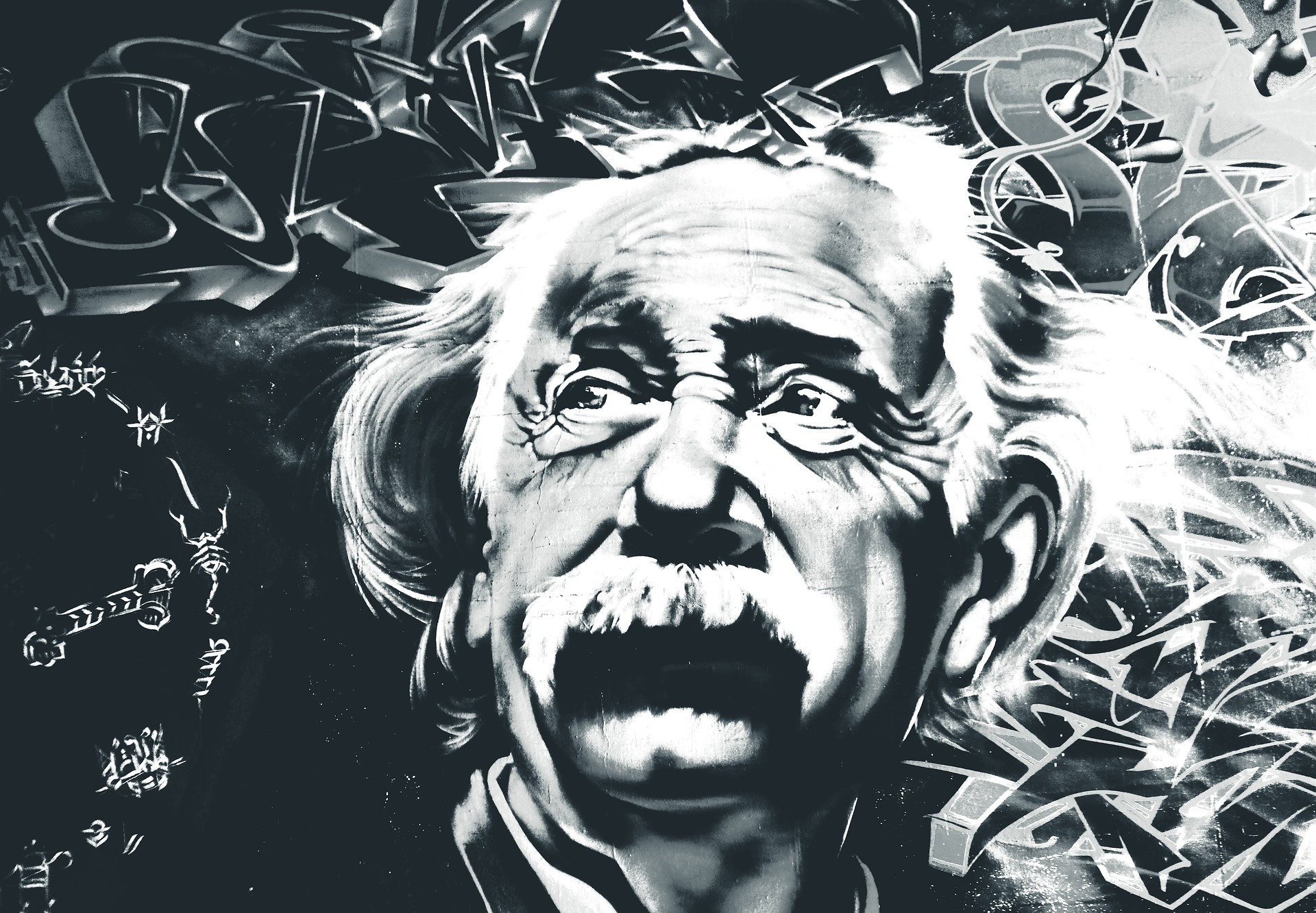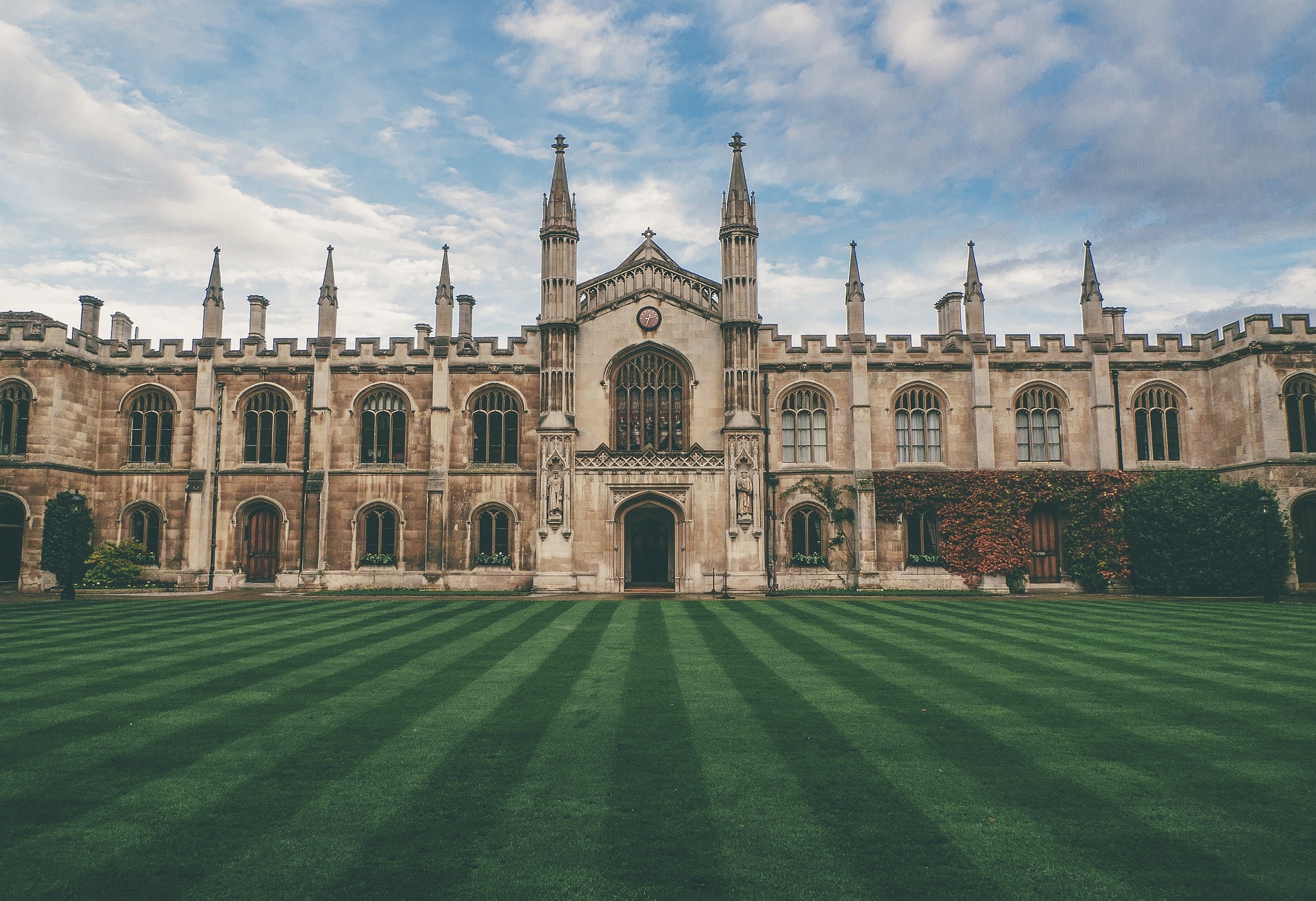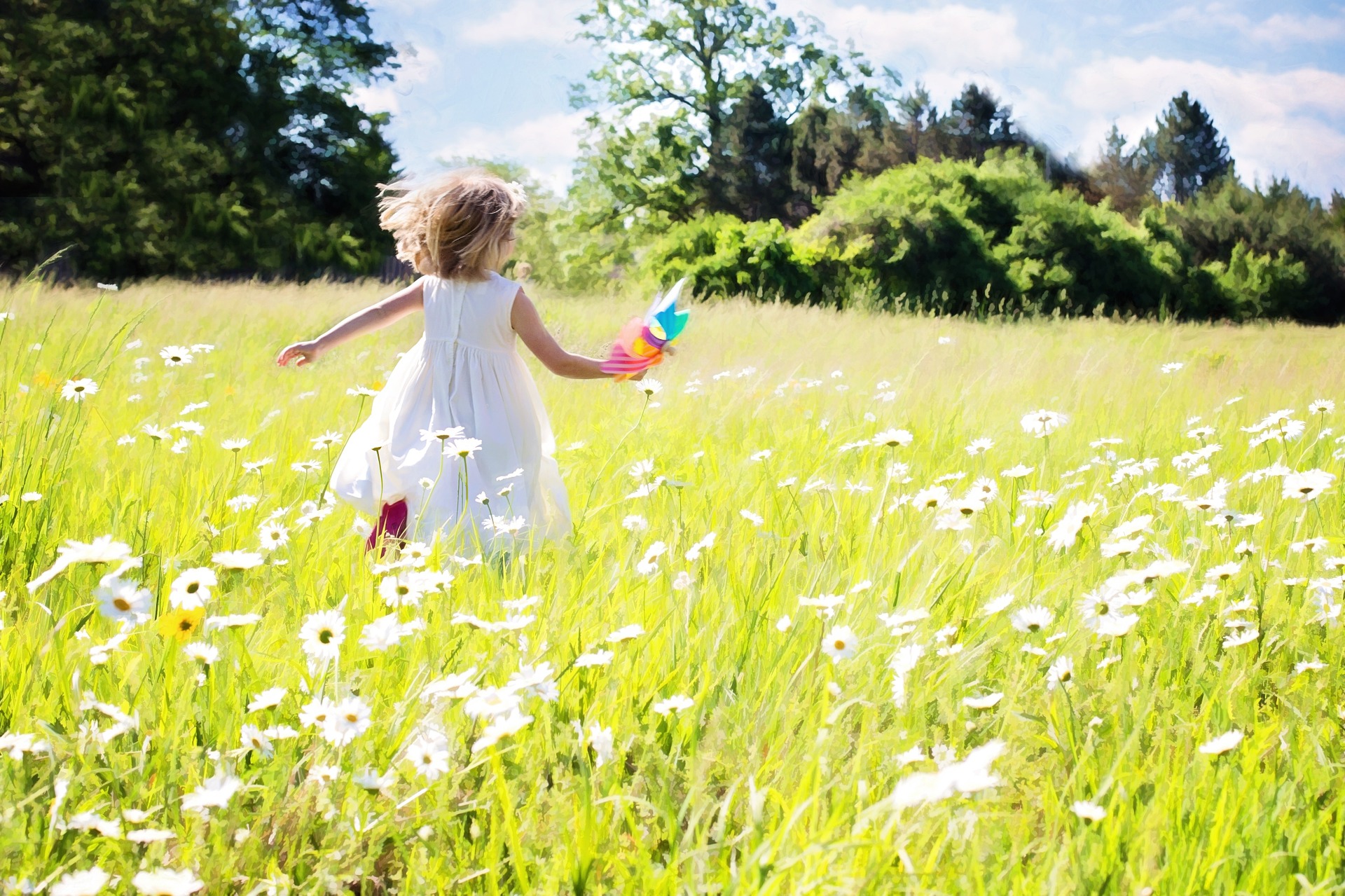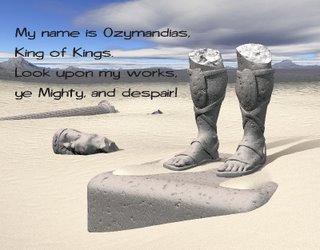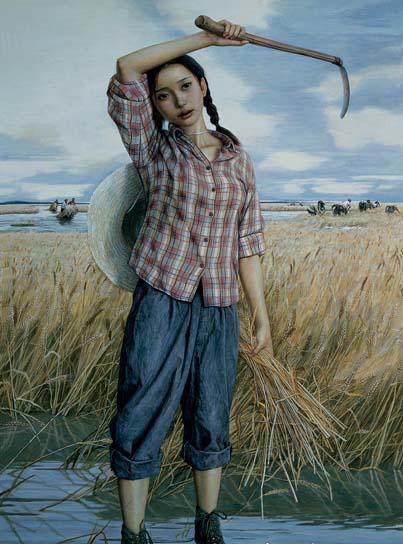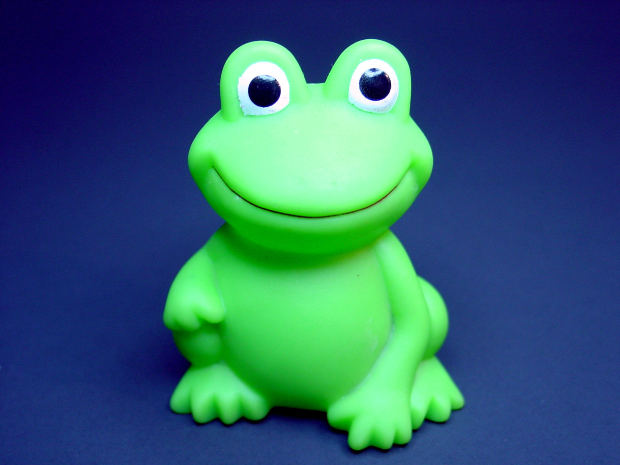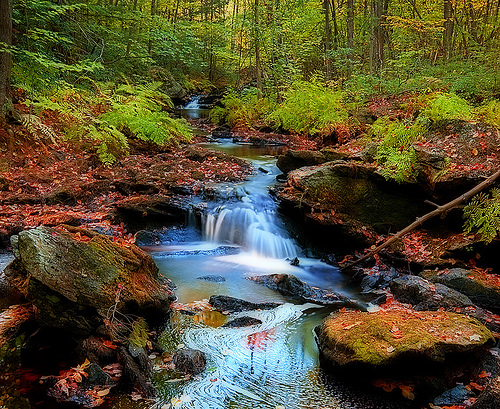The Tables Turned: Critical Analysis
William Wordsworth is an English romantic poet who has started a successful literature career with the Lyrical Ballads. He is one of the best romantic poets in the history of romantic poetry. His poems have a heavy influence on nature and are only about describing the aspects of nature.
In this poem, the poet is dedicating it to his dear friend, where he asks him to leave all his books aside and come out in nature and enjoy it with him. He says that books are barren and do not hold as much knowledge as nature could provide. Nature has a wealth of knowledge that would provide peace and serenity to his friend, and he would learn much more about life than the books have to offer. The poet says that bookish knowledge does not do any good but let a person dissect something that is beautiful and should be enjoyed instead of understanding the meaning and purpose of the subject present in and around us.
Wordsworth asks his friend to leave science and arts behind and put an effort to come outside and enjoy nature. The poet is asking his friend to observe nature and absorb everything that nature has to offer him and leave the life of books behind.
The Tables Turned: Poetic Devices
Allusion:
“Spontaneous wisdom breathed by health”: The poet is trying to say that nature is spontaneously full of nature, and it is much healthier than the books that his friend reads being inside his room.
“Sweet is the lore which Nature brings;
Our meddling intellect
Mis-shapes the beauteous forms of things:—
We murder to dissect.”
In this stanza, the poet has used allusion throughout to explain that the teachings that nature brings are much sweeter knowledge than the books that are present around him, which he read all the time. The book spoils him and lets him break down everything for finding the purpose of its existence, which he needs to enjoy by looking and feeling.
“Books! ’tis dull and endless strife:
Come, hear the woodland linnet,
How sweet his music! on my life,
There’s more of wisdom in it.”
The poet establishes a contrast here by saying that books are something that is dull and are like a prolonged duty to keep reading them and try and understand what is written in it. But nature teaches lessons with passion and with much more love and gives more knowledge than the books could provide.
“One impulse from a vernal wood
May teach you more of man,
Of moral evil and of good,
Then all the sages can.”
The poet is trying to establish a contrast between the knowledge that his friend could gather from his books and the knowledge that he could gather from the sages altogether. He says that the impulse of the woods would teach him much more than what the sages would teach him in his life.
Personification:
The poet has personified nature as a person who is full of knowledge and could be the best teacher when it comes to teaching lessons of life. Nature knows much more and better than the sages, and it would teach us in such a way that we absorb everything and feel light and serene at heart.
Rhyme and Rhyming Scheme:
The rhyming scheme of the poem is abab and is maintained throughout the poem. For example:
Sweet is the lore which Nature brings; –a
Our meddling intellect-b
Mis-shapes the beauteous forms of things:—-a
We murder to dissect.-b
The poet has used some archaic English words in the poem to bring about a biblical touch in the poem. Otherwise, the poem is written in very simple words. For example:
And hark! how blithe the throstle sings!
He, too, is no mean preacher:
Come forth into the light of things,
Let Nature be your teacher.
The Tables Turned: Central Idea
The poem’s central idea by the poet is to encourage his friend to leave his books aside and submit himself to nature, who is the best teacher in the world when it comes to teachings of life and experience. The poet says nature contains much more knowledge than books and teaches us how to appreciate things in our lives rather than dissect them.
The Tables Turned: Theme
The theme of the poem is to show that nature knows much more than human beings and the books that humans keep reading all the time. But the books do not contain as much knowledge as nature does, and submission to nature would teach us much more in life.
The Tables Turned: Tone
The poet has used a tone of contrast and comparison, where he compares the knowledge of books with the knowledge that is provided through nature. The poet has used phrases where he wanted to show that the books are boring and do not contain enough knowledge and praises nature.
Conclusion: The conclusion to the poem is that nature is the best teacher in the world, and it teaches us much more than what we could learn from the books. Science and arts deceive us from the beauty around us and encourage us to analyze and dissect everything around us, but nature teaches us how to appreciate things around us.
Some online learning platforms provide certifications, while others are designed to simply grow your skills in your personal and professional life. Including Masterclass and Coursera, here are our recommendations for the best online learning platforms you can sign up for today.
The 7 Best Online Learning Platforms of 2022
- Best Overall: Coursera
- Best for Niche Topics: Udemy
- Best for Creative Fields: Skillshare
- Best for Celebrity Lessons: MasterClass
- Best for STEM: EdX
- Best for Career Building: Udacity
- Best for Data Learning: Pluralsight
